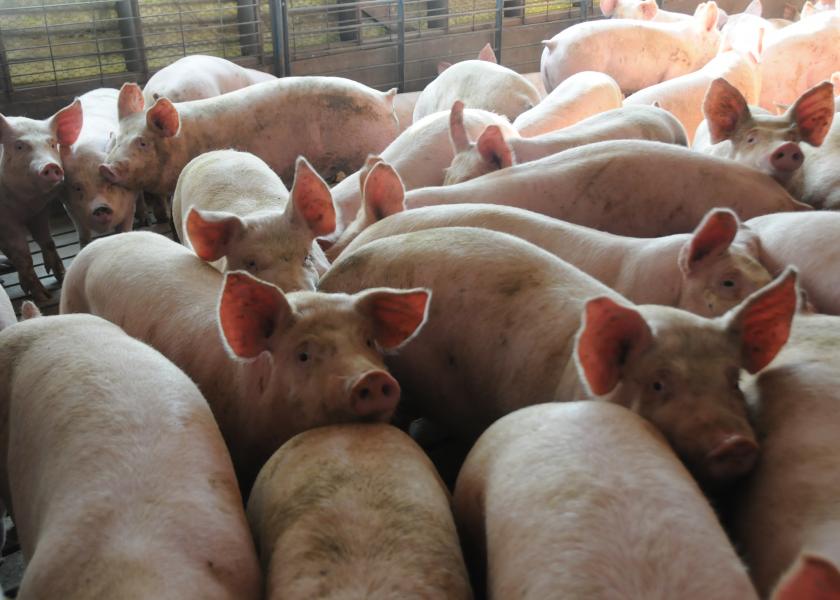Groups Seek to Ban Certain Hog Carcass Disposal Methods

In a petition for emergency rulemaking filed on June 29, several groups concerned with conservation and human welfare have asked Sonny Perdue as secretary of agriculture, and Kevin Shea as administrator of USDA’s Animal and Plant Health Inspection Service (APHIS) to take action to “protect people and the environment from dangerous pollution resulting from the mass killing and disposal of industrially-raised farm animals in connection with the COVID-19 pandemic.”
It was filed by the Center for Biological Diversity, the Natural Resources Defense Council and 11 other groups, and specifically seeks to ban the two methods of disposal that it says APHIS admits present the greatest risk to people and the environment: unlined burial and on-site incineration. It says that these methods can affect both air quality and water quality, now and in the future.
As the COVID-19 pandemic has impacted hog farms and packing plant capacity, euthanization of herds, while avoided at all cost in most cases, has had to occur.
The petitioners are concerned that, “unrestricted, undisclosed mass carcass disposal poses imminent and substantial threats to people and the environment. That this disposal is taking place in the midst of a preexisting global pandemic only heightens Petitioners’ concerns, as does the growing body of evidence establishing that communities of color are suffering disproportionately as a result of COVID-19. Some of the carcass disposal practices that APHIS currently allows, such as on-site incineration by pyre, risk exacerbating this suffering by increasing air pollution, a factor linked to higher COVID-19 death rates.”
The National Pork Producers Council disputes the claims made by the petition, stating:
“This baseless petition has no merit and is an attempt by anti-livestock agriculture activist groups to use an unprecedented crisis to pile on hard-working farmers during a very challenging time. Pork producers follow all appropriate human health and environmental protocols for safe disposal and have been working with federal and state authorities to address this crisis since it started.”
NPPC also states that it’s not aware of any incineration of depopulated animals, among other points:
- We’re not aware of any incinerations of depopulated animals.
- If a producer applies for NRCS funding (eqip), any burial site must be approved by the conservation agent.
- As an example of state support: MN set up central composting sites using protocols developed by USDA and in conjunction with their Department of Natural Resources.
- Some estimate that up to one million market hogs have gone into rendering, which would be a significant proportion of depopulated animals.
In addition to the interim rule banning the disposal methods, the petitioners also ask APHIS to create a searchable online database to provide the public with information about federal assistance for mass carcass management, and information for those living near mass carcass disposal sites to protect themselves and minimize their risk for exposure to pollution that could heighten their susceptibility to COVID-19.
The petition also notes that there is concern that once the pandemic has passed, the threat from these two methods of disposal will reemerge in years to come, for example, as hurricanes or other natural disasters can disrupt unlined burial pits.
It asks that the USDA respond within seven business days of the filing of the petition, or by July 10.
Related:
Depopulation: 4 Things Producers Need to Consider
Pig Farmers Exhaust All Options to Avoid Unprecedented Decisions
Optimism Improves in Pork Industry, Analysts Weigh Risks Ahead







